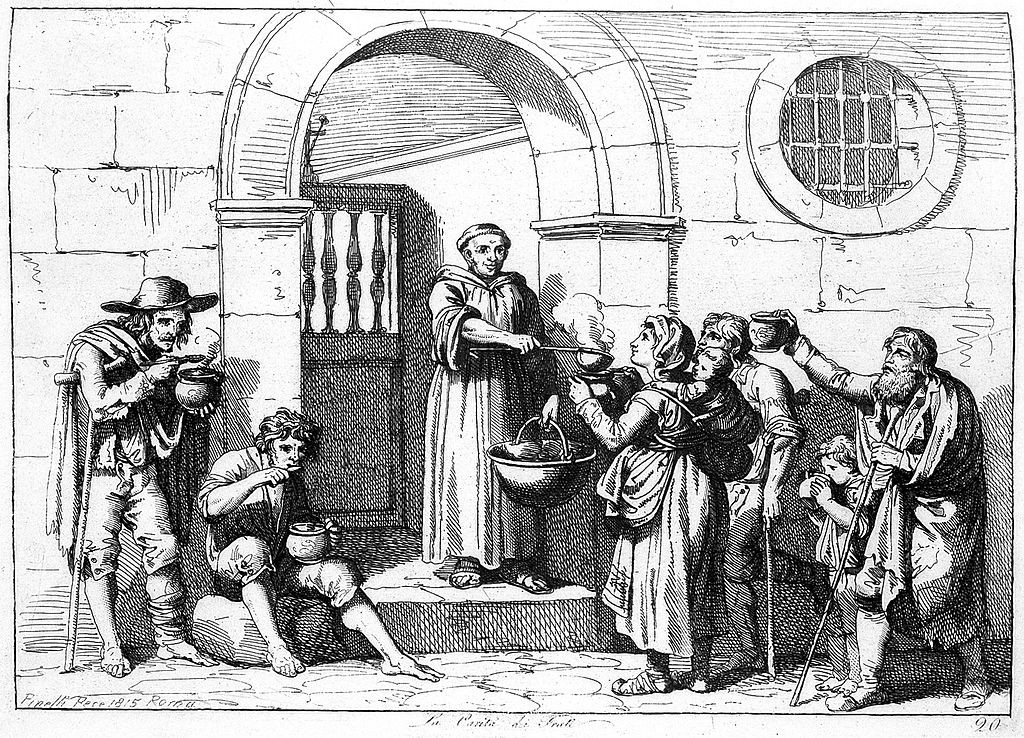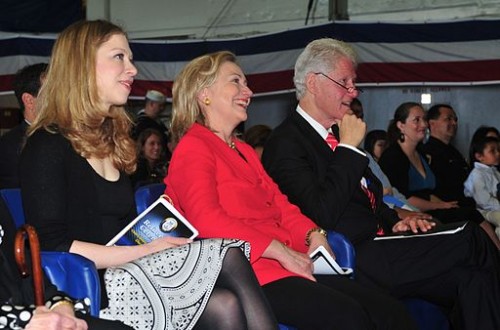Our associate editor, Jeremy Beer, gives a glowing review of David Downs's book, Alms: Charity, Reward, and Atonement in Early Christianity, and a challenge to the contemporary view of charity.
"A technological conception of giving dominates Western thinking about charity today. We tend to think of voluntary giving, at least at those moments when we are trying to be most serious and responsible, as an exercise in a highly moralistic form of applied sociology: if I give x to y, then z will happen, and the world will be a better place. Conversely, if z doesn't happen, then my giving will have been a failure. I must therefore do everything I can to assess and measure the impact of my giving. Otherwise, what's the point? How will I know I have succeeded?
"This way of thinking is promoted by many leading social-sector institutions and their spokespersons. They tell us that the extent to which our giving more consistently directs our dollars to the places where they will do the most good we are best fulfilling our ethical duties as human beings. That is why, according to "effective altruists" like William MacAskill (see his recent book Doing Good Better: Effective Altruism and a Radical New Way to Make a Difference), our giving should be guided as much as possible by sophisticated cost-benefit analyses that rely on metrics like QALYs—"quality-adjusted life years." Thinking about giving doesn't get much more technological than that."--Jeremy Beer, the Comment
Image from Wikipedia Commons






